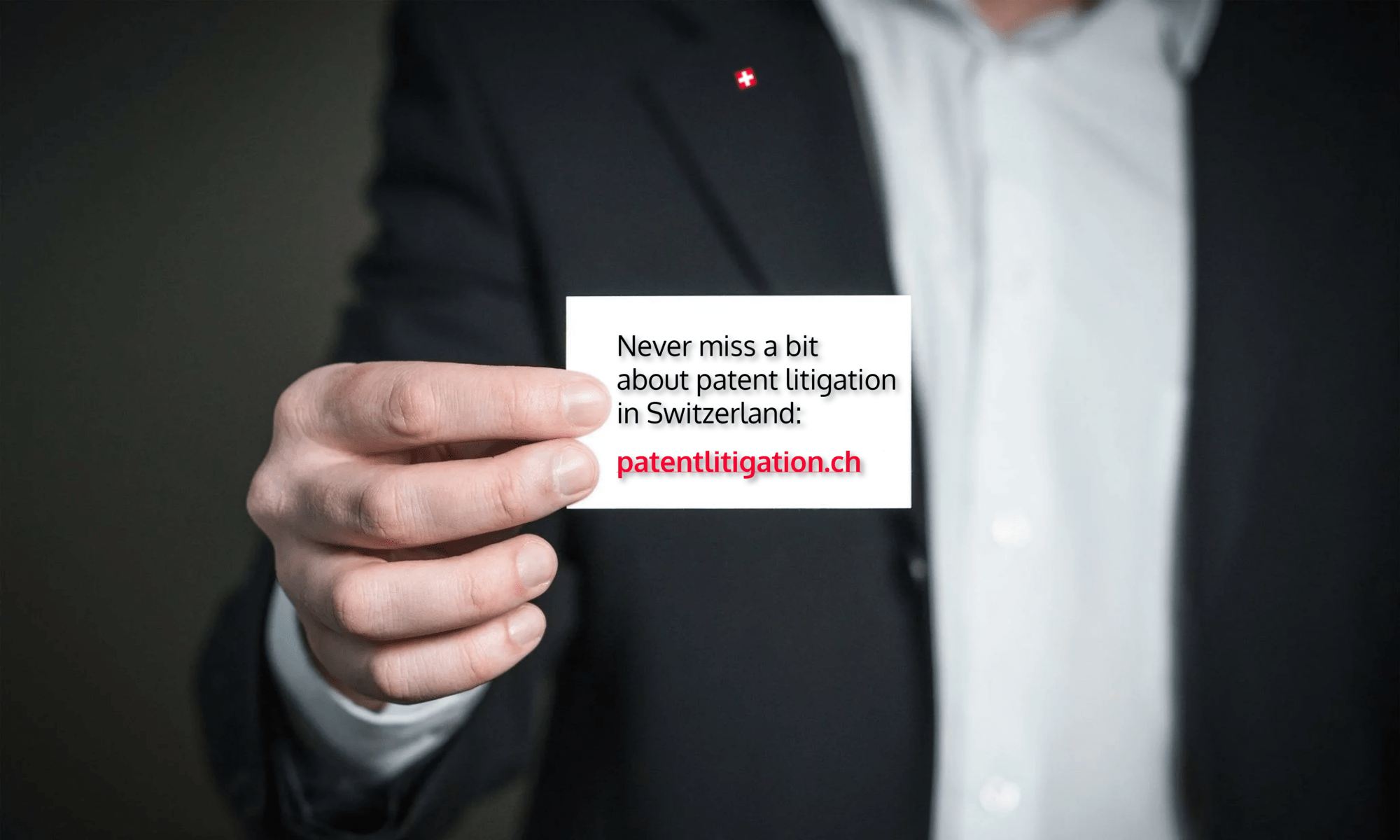The envisaged changes to the Swiss PatA have caused a very intense discussion amongst stakeholders. Opinions could hardly have been more different, ranging from outright damnation of examination on the merits («bureaucratic monster») to wholehearted welcome («overdue»).
See this Blog here for some background information about how it all started; the draft bill is commented on this Blog here.
There had been a public consultation of the draft bill, with a lot of individual contributions. An official summary of the contributions is available here.
Now, the dust begins to settle. The Federal Council has informed the public on 18 August 2021 that some (major) adjustments will be made to the draft bill, as follows.
The tried and tested ‘unexamined’ Swiss patent is staying
In general, a patent application will not be examined on the merits, i.e. for novelty and inventive step. As a result, an ‘unexamined’ — but less expensive — IP right will continue to be available to inventors, as called for by the motion.
In turn, the unexamined utility model (with reduced term) that was foreseen in the draft bill is off the table.
fully examined Swiss patent on request
It shall be possible to request examination on the merits.
What is not fully clear to me, though, is whether only the applicant may request examination, or whether any third party can also do so (like, e.g., in Germany; §44(2) PatA). I have much sympathy for the latter. It is an element to improve legal certainty, which is an explicit aim of the motion.
Compulsory search reports
To improve legal certainty also for the ‘unexamined’ patent, every patent application shall be supplemented with a compulsory search report. The Federal Council holds that it will therefore be possible to better evaluate whether the invention is patentable.
I doubt that this will really improve legal certainty. A negative search report is mostly not the end but rather the beginning, i.e. the beginning of a thought process on the applicant’s side of how to proceed to grant. In most cases, there is patentable subject-matter. A negative search report might provoke a counter-productive ‘no risk’ illusion for the public.
Further, I wonder how tax authorities might react on a ‘negative’ search report in the context of the patent box. It would be a pity if this creates a ‘presumption of invalidity’ and applicants then have to go the long way through examination on the merits in order to benefit from the patent box.
Streamlined appeal procedure at the FPC
The opposition procedure introduced in 2008 shall be dispensed with altogether. It had never been used anyway.
Instead, the Federal Council intends that IPI decisions be reviewed in appeal proceedings directly through the FPC. I understand that this shall also apply to the decision to grant a patent, i.e. that third parties will be able to challenge the grant directly at the FPC, as foreshadowed by the opinion of Prof. Rainer SCHWEIZER:
It remains to be seen how this will actually be put in place, but with a (very) low threshold for the necessary legal interest of a third party and competitive fees of the FPC for these proceedings, I have no doubt that this will work smoothly.
The Federal Council has mandated the Federal Department of Justice and Police (FDJP) to submit a dispatch by the end of 2022.
Reported by Martin WILMING
—
SUMMARY OF PUBLIC CONSULTATION
—
INDIVIDUAL SUBMISSIONS
—
BE ON THE KNOW


